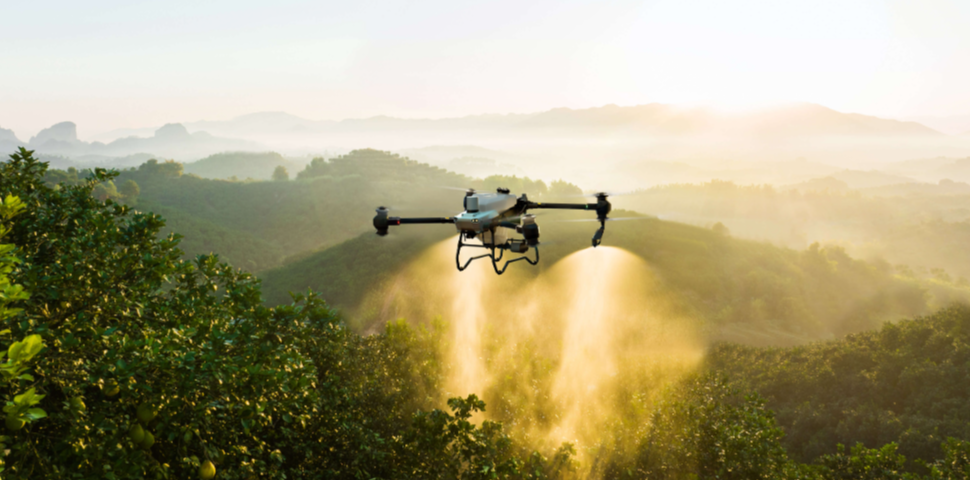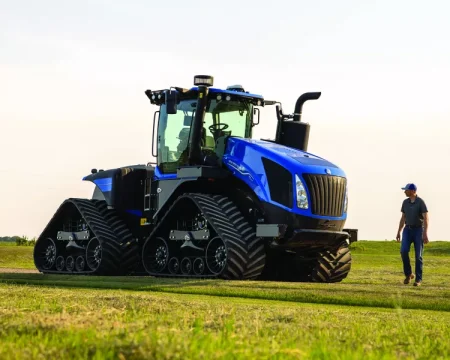- You have no items in your shopping cart
- Continue Shopping

“DJI Agriculture aims to boost farmland management efficiency by leveraging digital solutions and intelligent drones, all while prioritizing environmental sustainability,” stated Yuan Zhang, Head of Global Sales at DJI Agriculture. “This report highlights that governments and farmers worldwide are embracing agriculture drones and smart farming techniques to enhance food production in a more scientific, sustainable, and eco-friendly manner.”

Key Findings from the 2023/2024 Report
The rapid adoption of agricultural drones worldwide is a testament to the transformative power of emerging technologies in the agricultural sector. By the end of 2023, over 300,000 of these drones were in operation globally, having already treated more than 500 million hectares of farmland around the world.

The remarkable efficiency of these drones has led to substantial savings, including a cumulative reduction of 210 million metric tons of water and 47,000 metric tons of pesticides. Furthermore, the implementation of agricultural drones has significantly decreased carbon emissions by 25.72 million metric tons. This reduction is equivalent to the carbon sequestration provided by 1.2 billion trees, underscoring the sustainable and eco-friendly nature of this innovative approach to modern agriculture.
Global Policy Trends
The report notes that governments in several countries have begun to liberalize regulations. In Brazil, the ANAC amended regulations to only require drone registration and pilot licensing before operations can begin. In the US, the FAA published an approval list of agricultural drones that can be used directly with exemptions. China has issued regulations allowing drone pilots to be trained by manufacturers.

“We are excited about these advancements in regulatory frameworks, as they will help to expand the use of agricultural drones and ultimately benefit farmers worldwide,” said Zhang.



